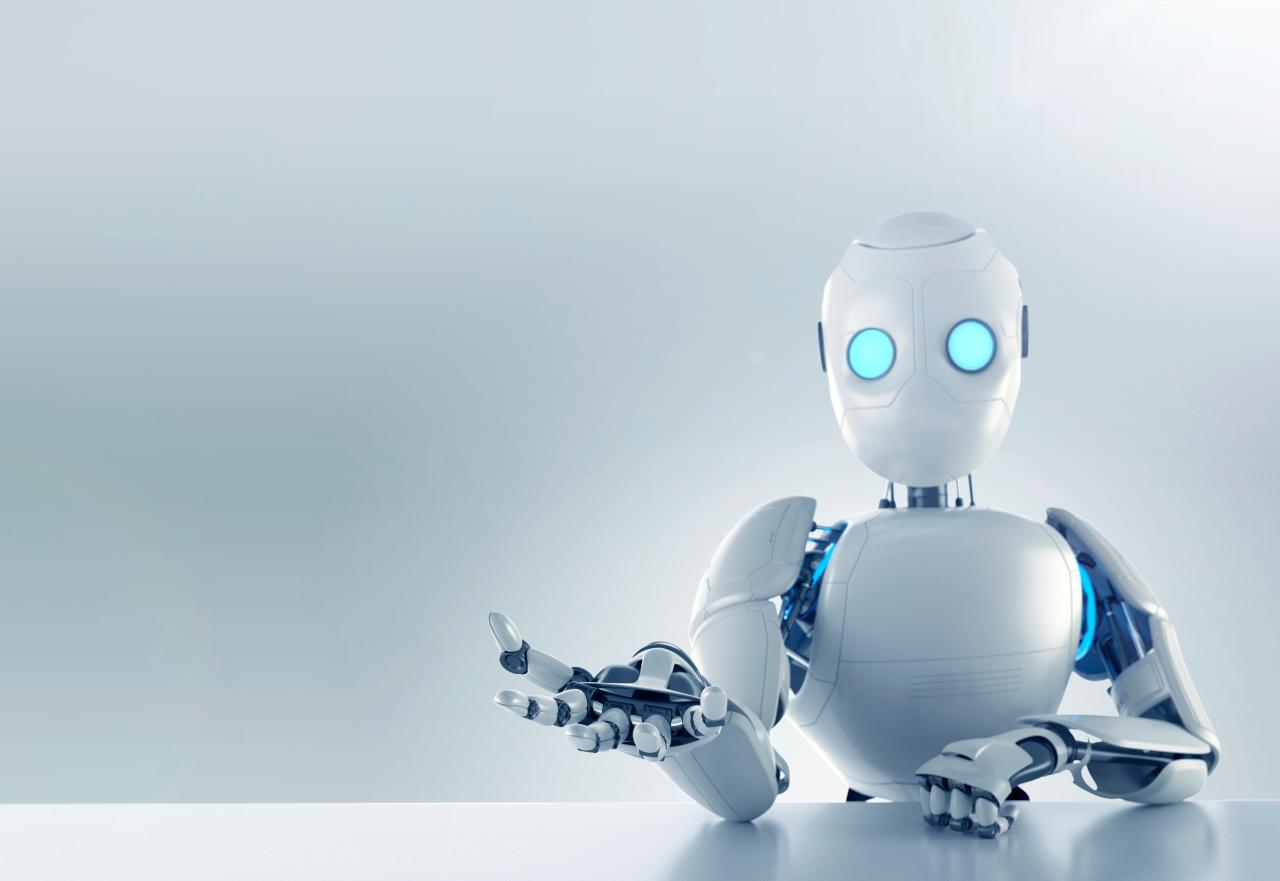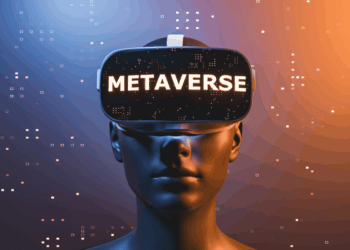In an era where mental health awareness is becoming more crucial than ever, cities across the globe are exploring modern solutions to address growing psychological concerns among young people. One city that has taken an innovative leap in this direction is Taipei, the capital of Taiwan. The city is now employing Artificial Intelligence (AI) to support and improve the mental well-being of teenagers. This bold move not only reflects a progressive attitude toward technology but also highlights a deep concern for the emotional development of future generations.
Taipei’s initiative to merge AI with mental health care is setting a powerful precedent, providing a potential roadmap for other cities facing similar mental health challenges in their adolescent populations. This article dives deep into the strategies, technologies, impacts, and future prospects of using AI to enhance teen mental health in Taipei.
Why Teen Mental Health Needs Urgent Attention
Teenagers today are growing up in a rapidly changing world. They face pressure from academics, social media, family expectations, and increasingly uncertain global issues such as climate change and economic instability. As a result, rates of anxiety, depression, and emotional burnout are rising alarmingly among adolescents.
According to global mental health reports:
A. Nearly 1 in 5 teens experience some form of mental health disorder.
B. Suicide has become one of the leading causes of death among adolescents in many developed nations.
C. Only 30% of teenagers with mental health conditions receive treatment, mostly due to stigma, lack of awareness, or insufficient resources.
Understanding this context helps explain why Taipei’s decision to utilize AI is not just innovative—it’s essential.
Taipei’s AI-Powered Mental Health Project: An Overview
Taipei’s government has partnered with local universities, AI researchers, and health professionals to create a digital ecosystem aimed at early detection, intervention, and continuous support for teens experiencing mental health struggles. The AI system functions as both a preventive tool and a responsive support system, helping schools and mental health professionals intervene before problems escalate.
The core components of Taipei’s AI mental health project include:
A. AI Chatbots for Emotional Support
These conversational bots, available 24/7, allow teenagers to talk about their feelings anonymously. By analyzing the language, tone, and context of each interaction, the AI assesses the teen’s emotional state and offers calming responses, tips, or advice, and alerts human counselors if necessary.
B. Sentiment Analysis in Digital Communications
Through secure integration with school communication tools and platforms (with full consent and privacy measures), AI algorithms can analyze patterns in students’ text messages, emails, and social media posts to detect warning signs of distress, such as anxiety, isolation, or suicidal thoughts.
C. Behavior Tracking and Predictive Analytics
The system uses wearable devices and apps to track behavioral patterns like sleep cycles, physical activity, and social engagement. It cross-analyzes this data with AI models to predict potential mental health dips before symptoms fully emerge.
D. Virtual Counseling with AI Support
While real human counselors handle most therapeutic tasks, AI assists by organizing patient histories, identifying red flags in responses, and even suggesting effective therapy techniques based on data from thousands of similar cases.
The Role of Schools and Educators
Taipei’s schools are a critical part of the initiative. Educators are trained to understand the system’s alerts and provide the necessary support when a student is flagged as being at risk. In addition, the school curriculum has been modified to include digital wellness education, ensuring that students understand how to engage healthily with technology and social media.
Teachers are also encouraged to use AI-generated reports to tailor their teaching methods and interactions with students. For example:
A. A student who shows signs of chronic stress might be given more flexible deadlines or fewer high-pressure tasks.
B. School counselors can prioritize one-on-one meetings with students the AI flags as emotionally vulnerable.
C. Group workshops on mindfulness and emotional intelligence are offered to at-risk classrooms.
Addressing Privacy Concerns
One of the major hurdles in implementing AI in mental health—especially among minors—is privacy and data security. Taipei’s government has made transparency a top priority.
A. Students and parents must give explicit consent before any data is collected.
B. All information is anonymized and encrypted, with strict guidelines on how data can be accessed or used.
C. An independent oversight committee, comprising tech ethicists, mental health experts, and educators, reviews the AI’s operations quarterly to ensure ethical standards are upheld.
Measurable Results and Community Feedback
Early results of the program have been promising. Since its implementation in select schools:
A. There has been a 30% increase in students seeking mental health support.
B. Incidents of school-related anxiety and depression have decreased by 25%, according to internal reports.
C. Students report feeling more comfortable discussing their feelings, especially when they can talk to a non-judgmental AI first.
Parents, too, have largely reacted positively. Many appreciate the proactive approach and the extra layer of protection offered by the AI system.
Challenges and Areas for Improvement
Despite its success, the program is not without its difficulties.
A. Over-reliance on Technology: Some educators fear that students may become too dependent on AI and avoid real human interaction.
B. Cultural Stigma: In some communities, seeking mental health help is still seen as shameful, making adoption slower.
C. Data Sensitivity: Though safeguards exist, the idea of AI reading personal communications still makes some parents uneasy.
D. AI Limitations: No matter how advanced, AI still struggles with complex emotions or cultural nuances that a human counselor can recognize intuitively.
International Attention and Replication Plans
Taipei’s bold approach has caught the attention of cities across Asia, Europe, and North America. Delegations from Japan, South Korea, and Singapore have visited Taipei to study the model. Some cities are already piloting similar AI-based mental health initiatives for their own youth populations.
Additionally, global mental health organizations have begun partnering with Taipei’s developers to explore open-source versions of the technology that can be adopted more broadly.
The Future of AI in Mental Health
Taipei’s integration of AI into teen mental health care is just the beginning. Here’s what the future might hold:
A. More Personalization: AI could soon create fully personalized mental health care plans, adjusting in real time based on a teen’s emotional state, academic workload, and life events.
B. Language Expansion: Current systems are primarily in Mandarin and English, but future versions may support dozens of languages and dialects to reach more communities.
C. Global Mental Health Networks: With enough cities adopting similar systems, it may be possible to create a global early warning system for mental health trends among youth.
D. Gamified Mental Health Training: To keep teens engaged, future tools may incorporate gamified activities to teach emotional resilience, coping skills, and social awareness.
E. Integration with National Health Systems: Taipei is already discussing linking the AI platform with Taiwan’s national health database to streamline care coordination and funding.
Conclusion
Taipei’s innovative use of AI to support teen mental health is a shining example of how modern technology can be wielded responsibly to solve deep-rooted social issues. While it’s not a complete solution, it provides critical early intervention, raises awareness, and empowers young people to seek help in ways that feel safe and accessible.
As mental health challenges continue to rise among teenagers globally, more cities may look to Taipei as a blueprint for blending empathy and innovation. The combination of AI, human care, and community awareness is proving to be a powerful force in shaping a healthier, happier generation.














